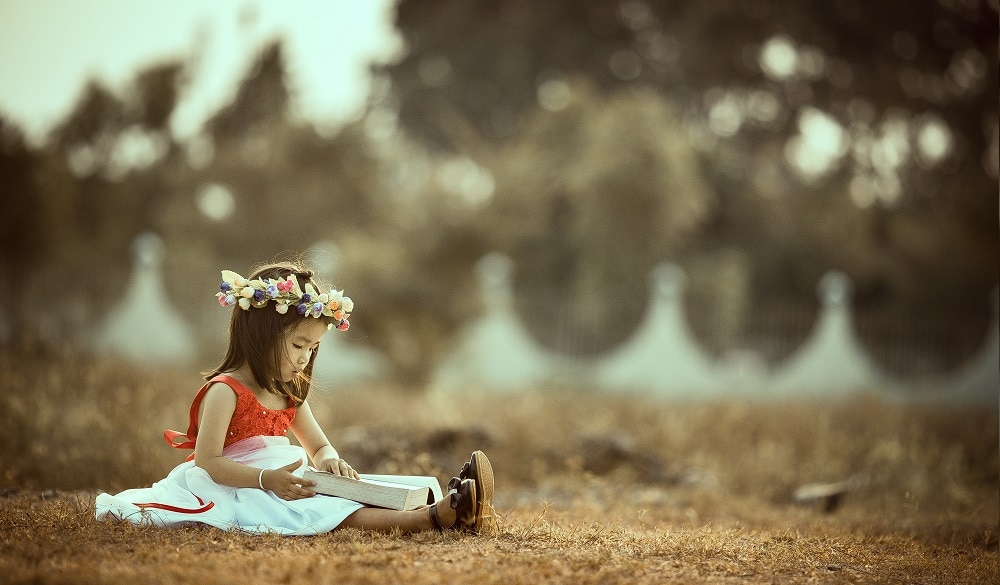How To Avoid Guilt-Shaming Your Child During A Divorce
 Contributed by
Sonyan White
July 26, 2017
Contributed by
Sonyan White
July 26, 2017

“Shame is the intensely painful feeling that we are unworthy of love and belonging.” – Brene Brown, author and pHD.
None of us are free of guilt and shame.
In many cases, we can link back our own shame to the things our parents said to us as children.
As it turns out, guilt and shame are two of the most powerful human emotions. It is therefore up to us parents to reinforce our children during divorce and reaffirm they are worthy of all the love we can give them.
For most of us however, it isn’t that easy. We’re caught up in our own emotions and are in pain ourselves, which causes us to lose track of what our children desperately need from us.
Despite any habits we may have acquired, we are capable of positive parenting. The first step in this journey is understanding what guilt-shaming is, and the effect it can have on children.
What Is Guilt-Shaming?
While in certain settings guilt is a positive emotion that helps us reign in our impulses, when taken to the extreme it can make us feel worthless and unloved. That is the last thing we want our children to feel.
During a divorce, it’s common for children to feel like they are the ones to blame for the problems their parents are going through. Sadly, we often reinforce this belief by saying things like, “You’re such a bad kid. You drive your father and I nuts.”
What your child hears is something like, “I’m the reason they are breaking up. I’m such an awful person.”
Clearly, that’s the last thing you want them to feel.
While they can take many different forms, guilt and shame ultimately destroy your child’s trust in you and cause their self-confidence to take a nose dive—something children don’t need during a divorce.
Other examples of guilt-shaming include comparing children to their siblings or to other kids you know, labelling them as the ‘bad’ one, and pointing out their flaws in front of others.
How Does It Affect Children?
As I already mentioned, guilt and shame can cause your child to feel unloved. That feeling, in turn, leads to negative behavior that can have an impact on your relationship with them.
For example, think back to when you were a teenager and a time when your parents scolded you for something you did wrong. How did it make you feel? Closer to them? More like ‘obeying’ their rules? Free and capable of making your own decisions? Probably none of the above.
Use that as a guide when you’re disciplining your children. Recognize that what you say to your child actually becomes their own internal dialogue later. What you say about your child causes them to believe it, perhaps for the rest of their lives.
Ultimately, regardless of the fact that going through a divorce is one of the most difficult things you’ve ever done, you have no right to pass that pain on to your children. Children during divorce need more support than ever.
Steps You Can Take To Avoid It
Now that you understand how detrimental it is to your child to add guilt and shame into their daily life, let’s talk about what you can do to avoid this behavior.
Positive parenting is an important aspect of breaking through guilt and shame, and here are a few ways you can throw out negative connotations and replace them with better communication:
Step 1: Focus On The Positive
Instead of always harping on what your children do wrong, focus on what they do right. Let them know when they make you feel proud, and set your bar at a more reasonable place. High expectations lead to disappointments, and we’re all imperfect—even our kids. Learn to focus on their good traits and reflect those qualities back to them whenever you get the chance. This is what positive parenting is all about.
Step 2: Set An Example.
Our children model our behavior, that’s just a fact. If you want your child to act properly, make sure you are doing what you expect of them. Be kind, loving, and avoid hurting them whenever you can. Being more conscious of your actions will help you do this.
Step 3: Resist Negativity.
It’s easy to be negative about your kids, especially when you’re stressed out and emotionally drained from a divorce. However, you owe it to your kids to be their base of positivity. Do your best to resist negativity in any and all forms if you want happy and healthy children.
Step 4. Watch What You Say.
Even seemingly harmless statements like, “You’re just a klutz” and “Quit crying, you sound like a baby. You’re not a baby are you?” are hurtful to your child. They use what you tell them to build a reality about who they are and what they do. No matter how ‘insignificant’ it may seem, everything you say affects your children.
Summary
Guilt and shame can cause a lifetime of pain for our children. Instead of putting them through that, you can adjust your style to positive parenting, and help your children during divorce come out the other side well-adjusted and loved.
Share your experience with these two emotions in the comment section or share your ideas for avoiding guilt and shame with your children. Together we can rid the world of this negative behavior for good.










Sorry, the comment form is closed at this time.